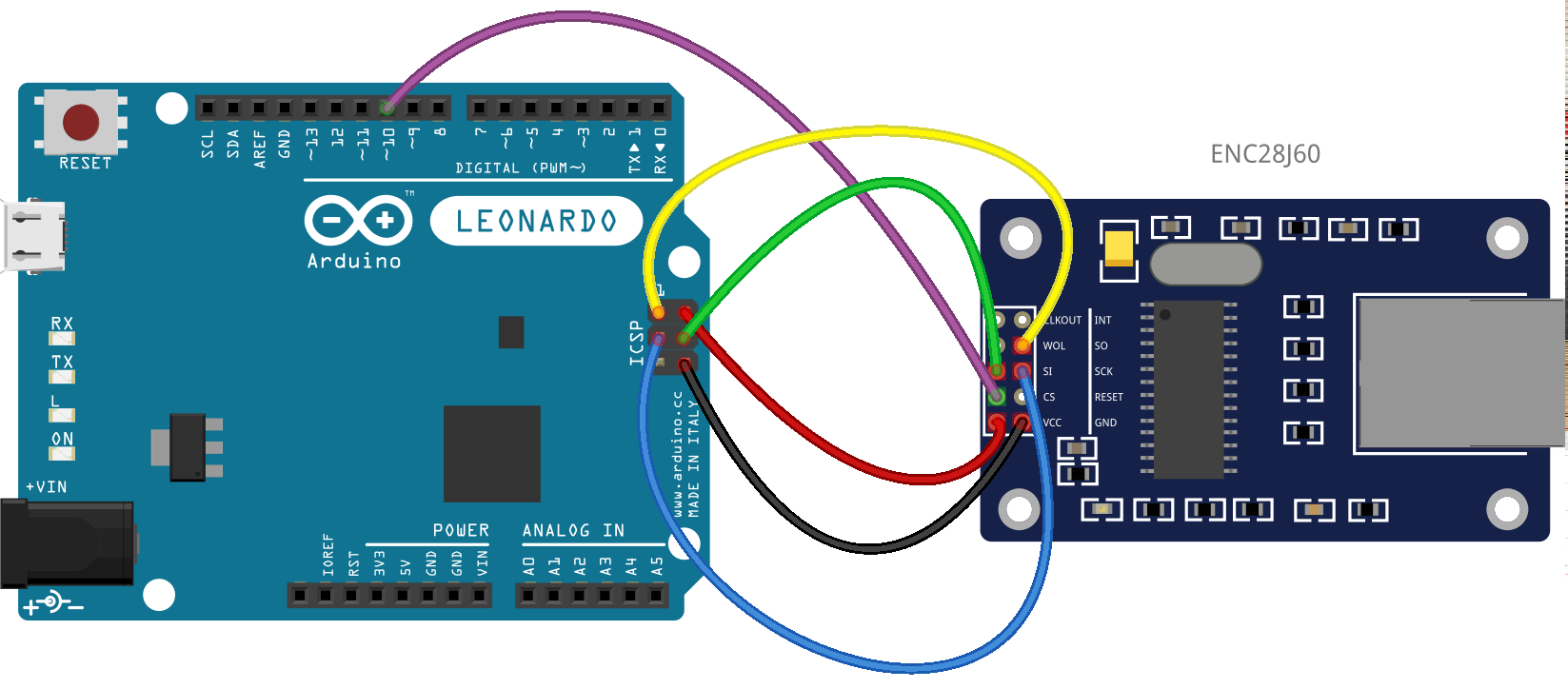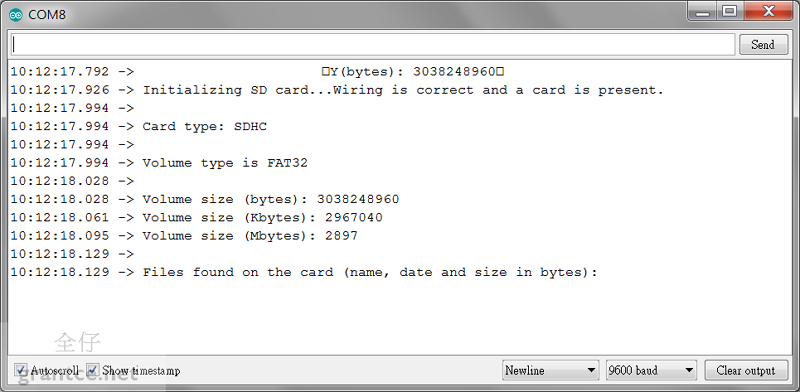

- #INTERUPTS SPI ARDUINO DUE SD CARD HOW TO#
- #INTERUPTS SPI ARDUINO DUE SD CARD INSTALL#
- #INTERUPTS SPI ARDUINO DUE SD CARD UPDATE#
- #INTERUPTS SPI ARDUINO DUE SD CARD FULL#
- #INTERUPTS SPI ARDUINO DUE SD CARD CODE#
Is there any register (PIOA_ABSR and PIOA_PDR) setting error? I modified the code and it can work as expected. The rappberry is normal, but arduino due cannot get correct data. The rappberry just receive 0, and the arduino due can succeed raspberry data. I try arduino due(slave) spi to communicate with rappberry(master). If (pos SPI_TDR = (uint16_t)DataReceived

DataReceived = SPI0->SPI_RDR & SPI_RDR_RD_Msk SPI0->SPI_CSR = SPI_CSR_NCPHA|SPI_CSR_BITS_8_BIT // Shift on falling edge and transfer 8 bits.īuf = 0 // current byte of the buffer (last one) is null Volatile byte pos // for SPI Communication (including SPI interrupt routine) char buf // for SPI Communication (including SPI interrupt routine) If you have time, please review it and refine it.
#INTERUPTS SPI ARDUINO DUE SD CARD FULL#
I really appreciate your help.īelow is the full working code containing your modifications and comments. Process_it = true // newline means it is the time to process the buffer Pos = 0 // get ready for an interrupt, buffer emptyīuf = c // add the grabbed byte to the buffer if enough room & increase the pos with a unit REG_SPI0_WPMR = 0SPI_CSR = SPI_CSR_NCPHA|SPI_CSR_BITS_8_BIT I'm using an Arduino Due with pin 45 being my DREQ pin. startPlayingFile () doesn't play anything when called. playFullFile () works fine so I'm assuming it's a problem with interrupt pins. REG_PMC_PCER0 |= PMC_PCER0_PID24 // Power up SPI clock Hey there, I'm trying to use the startPlayingFile () method from the VS1052 library. Below is the working code, with a void loop as simple as possible (looks like the simple void loop behaves like an interrupt in this case): char buf

#INTERUPTS SPI ARDUINO DUE SD CARD INSTALL#
Definetly, the solution is to implement a SPI interrupt routine, that triggers as soon as SPI data arrived. If you havent installed an OS on your Pi yet, you can install Raspbian or Ubuntu very easily on a SD card. Any attempt to increase the complexity of the void loop completes with the failure in reading the SPI incoming bytes. Delay () function doesn’t work inside ISR and should be avoided. As long as the void loop is kept simple and running fast there is no problem. Interrupt Service Routine function (ISR) must be as short as possible. All the characters are red inside the void loop. With the below code for Arduino DUE (a combination between Nick Gammon SPI Interrupt Routine and some codes found on internet), I succeeded to read the incoming bytes thru SPI. Majenko at 19:40 I am not familiar with the internal workings of the Due SPI library to be sure though.
#INTERUPTS SPI ARDUINO DUE SD CARD UPDATE#
You should have the SPI operations outside the interrupt and just update some variables and set a flag in your interrupt. That's why I'm asking for professional help … 1 1 1 Probably SPI transfers use an interrupt, which can't trigger because you're already in an interrupt. Pos = 0 // set the current position "pos" to zeroĪbout the SPI protocol I know only general things. Serial.println (buf) // send the buffer value (string character) to Serial/USB main loop - wait for flag set in interrupt routineīuf = 0 // curent byte of the buffer (last one) is null } // end of interrupt routine SPI_STC_vect newline means it is the time to process the buffer add the grabbed byte to the buffer if enough room & increase the pos with a unit have to send on master in, *slave out*īyte c = SPDR // grab byte from SPI Data Register
#INTERUPTS SPI ARDUINO DUE SD CARD HOW TO#
For this reason I need help to convert this sketch for Arduino DUE, but I have no idea how to do it. In my project I have to use a powerful microcontroller, like Atmel SAM3X. It is extremely useful to receive data thru SPI from a microprocessor, like Raspberry Pi. Ignore the function related to the button, I removed most of its code to avoid cluttering the page.Below is a sketch that include a SPI Interrupt Routine developed by Nick Gammon for Arduino AVR boards (SPI in Slave Mode). Display (pin 13, pin 11, pin A1, pin 12, pin A0 ) In this setup that I'm showing I will initialize the SD in the setup() and in the loop using a button I'm supposed to write stuff on the display: //Libraries What are CMD and CD What do D0 to D3 serve How would SDIO look like the configuration and physical connections from the microcontroller to the SD card At first I tried it with HALSPITransmit () and finally with the code below as described at The function fopen () returns the value FRNOTREADY. The problem is that once the program execute SD.begin() the display stops working and the SPI communication is working only on the SD. I'm having trouble trying to make the double SPIs work and since I'm not really familiar with the libraries that I used I decided to ask for help wav file on my Arduino Uno via an SD card while at the same time using an LCD display (Nokia 5110). SPI devices communicate in full duplex mode using a masterslave architecture usually with a single master (though some Atmel and Silabs devices support.


 0 kommentar(er)
0 kommentar(er)
